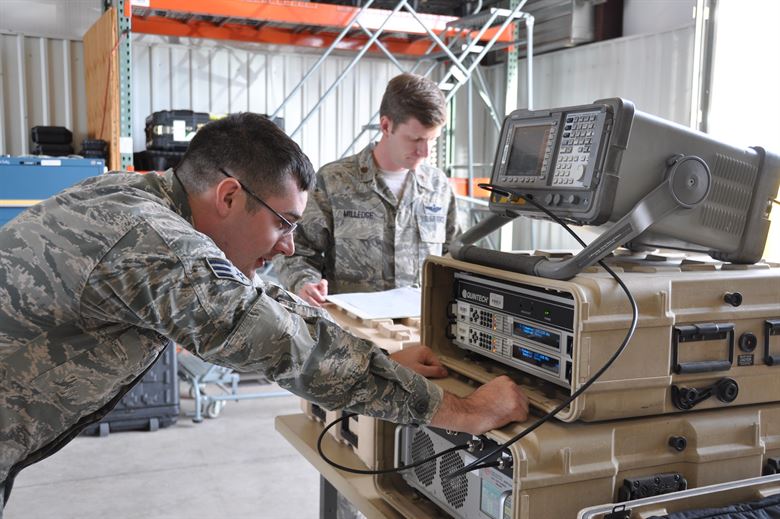This post is also available in:
 עברית (Hebrew)
עברית (Hebrew)
Because of the widespread use of GPS-style technologies – in navigation, mobile phone networks etc. – false signals have the potential to cause widespread disruption. ‘GPS spoofing’ is a much-discussed cyber-threat to modern military systems. Spoofing can generate position and timing inaccuracies on a battlefield, resulting in the potential lead to the uselessness of modern weapons systems.
GPS spoofing threats are reportedly increased after the Russian military intervention in Ukraine and Syria. Russian-linked electronic warfare equipment which creates false GPS signals has been used thousands of times – including outside of the country’s own territories.
While GPS continues to be the “gold standard” for PNT capabilities, the U.S. Army has taken a layered approach to ensure accurate position and timing data. This approach includes the integration of non-radio frequency technologies on the battlefield, such as inertial-based navigation systems, chip-embedded atomic clocks, and Soldier-worn or vehicle-mounted odometers.
According to defence-blog.com, the US Army looks to secure access to alternative sources of PNT data through other GPS networks. Program officials have also considered the use of anti-jam antennas on vehicles to ensure access to GPS and PNT signals.
Iran has been reportedly jamming ship GPS navigation systems to get them to wander into Iranian waters. In June, ships passing through the Strait of Hormuz and the Persian Gulf have reported unusual GPS interference, among other problems, and the US believes Iran is to blame, reports businessinsider.com.
The U.S. Air Force said in June that it will load a new signal feature, designed to make spoofing detectable, aboard a satellite that will broadcast it from space, but not until 2022 at the earliest.
A new technology, the Chips Message Robust Authentication (Chimera) is now in testing under the auspices of the US Air Force Research Laboratory (AFRL), getting ready to fly on the Navigation Technology Satellite 3 (NTS-3), which will trial a number of new PNT techniques and technologies, according to gpsworld.com.


























